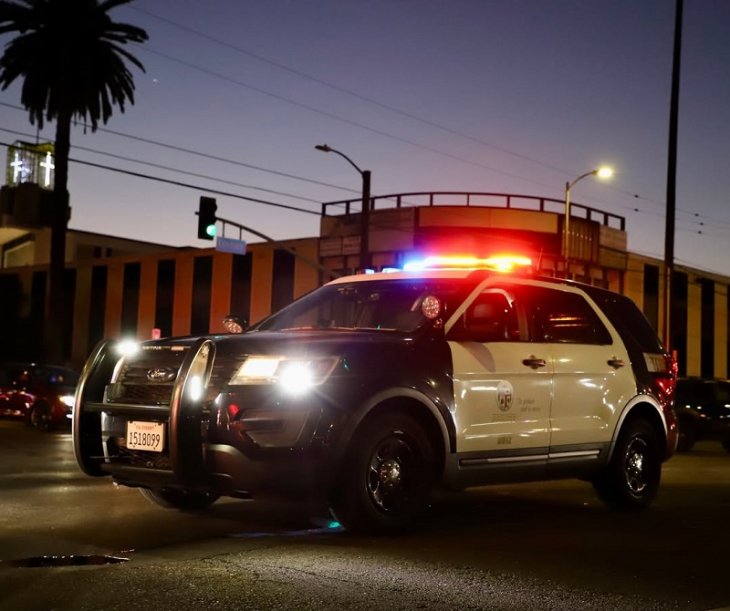By Tom Elias, Columnist
For almost 30 years, a small clique of politicians from the San Francisco Bay area has ruled in California, holding all the state’s ticket-topping offices except when muscleman actor Arnold Schwarzenegger partially jostled them aside for awhile in the early 2000s.
In fact, Bay area politicians have reigned supreme through most of the last century, even after the state’s population center moved south to the Los Angeles and San Diego regions.
The bipartisan Bay area dominance brought to power people like Earl Warren, William F. Knowland, both Edmund Browns, Alan Cranston, S.I. Hayakawa, Dianne Feinstein, Barbara Boxer, Nancy Pelosi, Kamala Harris and current Gov. Gavin Newsom, a former San Francisco mayor. They thoroughly outnumbered Southern California politicians in high office like Ronald Reagan, Pete Wilson, Goodwin Knight and Gray Davis.
But if the current Democratic Party ticket with Harris joining former Vice President Joseph Biden prevails in November, the modern Bay area grouping that’s included Boxer, Feinstein, Newsom, Pelosi and Harris may see its grip on the state loosened. That will be up to Newsom.
For if Biden and Harris manage to oust President Trump, as current polling indicates they well might do, Newsom must choose a new California senator to replace his old friend Harris. His top priorities will be to name someone with a pragmatically liberal bent like his own and to make sure that person has a strong chance to hold the seat in the 2022 election, when Harris’ term would end anyway.
The last time a California governor got to choose a senator, Wilson picked an obscure Republican state legislator from Orange County, John Seymour. Feinstein devastated Seymour in 1992 when the former San Francisco mayor ousted him by a 16 percent margin.
There’s also the gender question: does Newsom want to keep California’s Senate delegation exclusively female, as it has been since 1992, when Feinstein and Boxer won office in parallel, simultaneous votes? Boxer took a full six-year term and Feinstein filled out the two years left on the other seat. She easily won six more years in office in 1994 and has been there since.
The statewide electability requirement probably would eliminate folks getting frequent mentions now, like Oakland Congresswoman Barbara Lee, Orange County Congresswoman Katie Porter and Oakland Mayor Libby Schaaf. None has run for statewide office and all have low name recognition, which likely would prompt serious opposition in 2022. Lt. Gov. Eleni Kounalakis is another possibility, but the Sacramento resident has been very low profile in her current office, leaving her not yet widely known to voters.
All this could mean the seat goes to a male for the first time in 28 years. Strong male possibilities include statewide officers like Attorney General Xavier Becerra and Secretary of State Alex Padilla. Either would provide Senate representation for the first time to California’s huge Latino populace, now the state’s largest ethnic group with about 39 percent of all Californians. Both are proven vote-getters.
Becerra, a former East Los Angeles congressman, won big in 2018 in his first statewide run, while Padilla, once the youngest member of the Los Angeles city council, will be termed out in 2022, but will surely seek another office whether he gets the potential Senate appointment or not.
Other possible male appointees are Los Angeles Mayor Eric Garcetti and Pasadena Congressman Adam Schiff. Garcetti was a co-chair of the Biden campaign task force evaluating potential vice presidential candidates, while Schiff, like most others in Congress, has never sought statewide office but gained significant fame through his leadership of efforts to impeach Trump.
Any of the prominent Southern Californians would make a stronger statewide candidate today than any current Bay area possibility, simply because each has a stronger and larger electoral and popularity base than any Northern California hopeful.
Of course, a couple of years in the Senate could give anyone getting Newsom’s nod a major opportunity to develop their own large base.
All of which means that unless Newsom is determined to perpetuate the Bay area hegemony in California if this possible Senate opening becomes real next winter, the seat probably should go to someone from Southern California.
Email Thomas Elias at tdelias@aol.com. His book, “The Burzynski Breakthrough, The Most Promising Cancer Treatment and the Government’s Campaign to Squelch It” is now available in a soft cover fourth edition. For more Elias columns, visit www.californiafocus.net



























